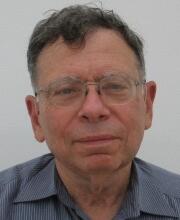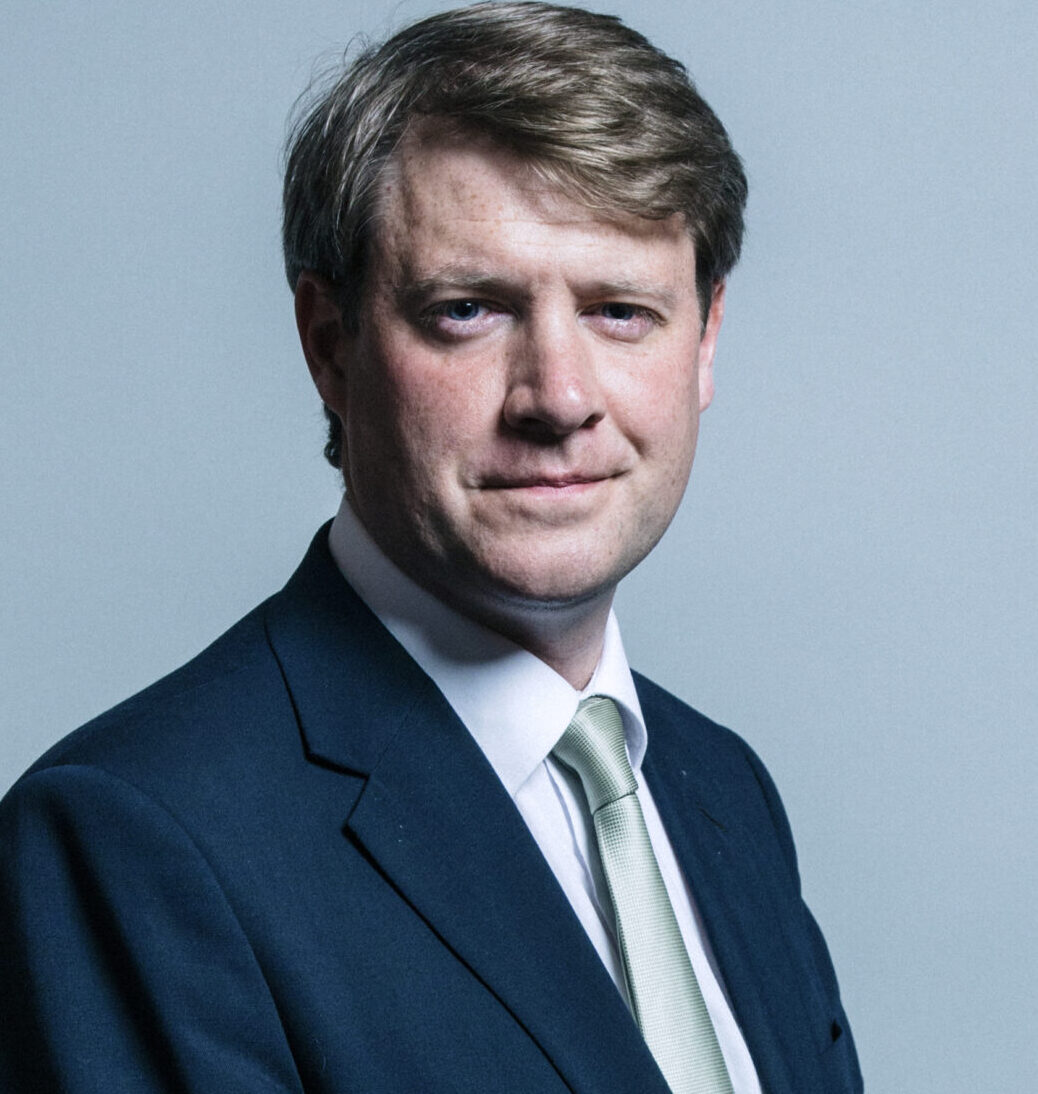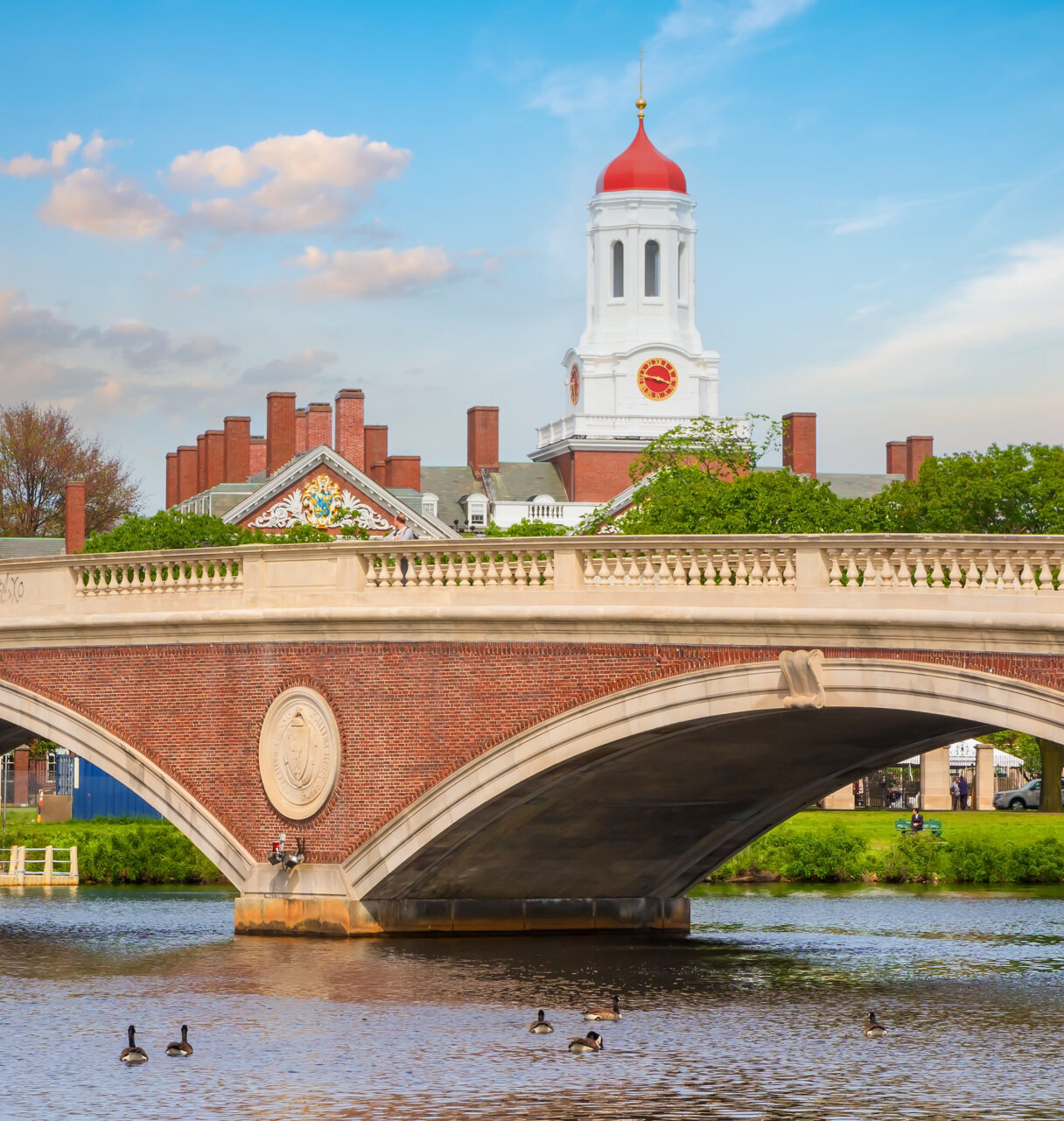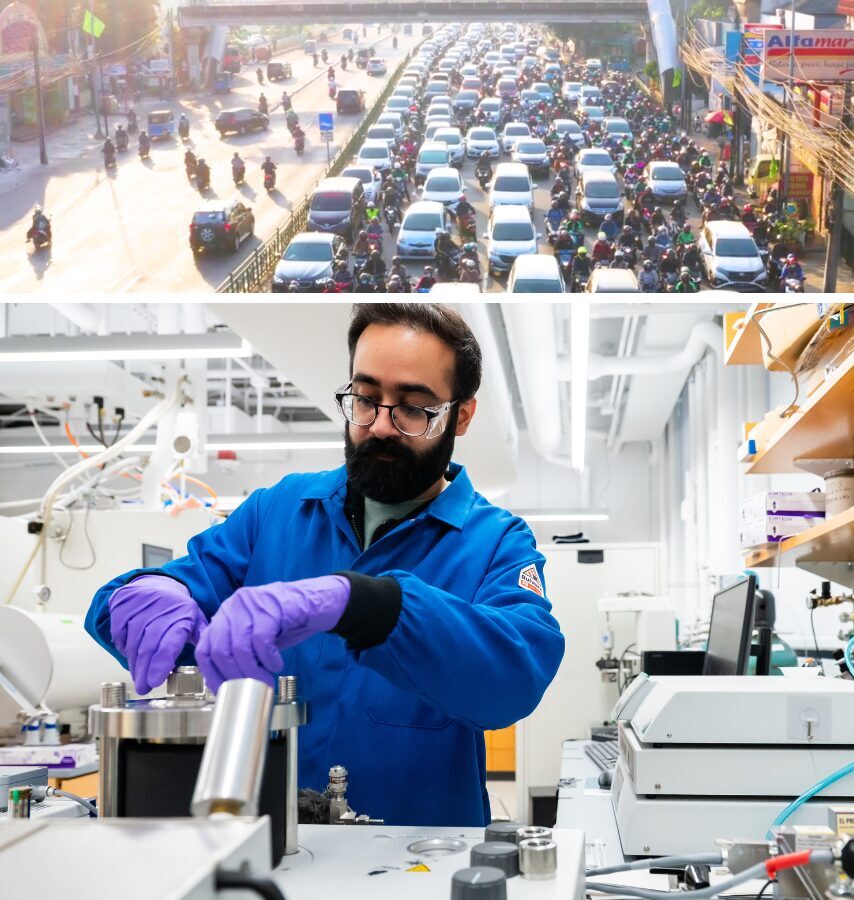
Carl Wunsch
Visiting Professor of Physical Oceanography and Climate
Profile
Profile
Visiting Professor of Physical Oceanography and Climate, Harvard University
Cecil and Ida Green Professor of Physical Oceanography, Emeritus, MIT
Carl Wunsch has worked on many aspects of physical oceanography and its climate implications, with emphasis on observations of all types, including the global-scale, using satellites and acoustic tomographic, and various conventional observation methods. Early in his career, he spent many months working at sea. He was an organizer of the World Ocean Circulation Experiment, chaired the science committees leading to the flight of altimetric satellites, and is deeply involved in the analysis of the oceanic general circulation and its climate influences including aspects such as sea level change, and the interpretation of the paleoceanographic record. His interests exploit mathematical methods such as inverse theory and state estimation for understanding of the ocean circulation and climate.
Carl Wunsch is a member of the National Academy of Sciences, a Foreign Member of the Royal Society of London, a Fellow of the American Academy of Arts and Sciences, American Philosophical Society, American Geophysical Union and American Meteorological Society and has received a number of awards including the Bowie Medal of the American Geophysical Union, 2006 and the Prince Albert 1st Medal. Professor Wunsch is the author or co-author of about 250 scientific papers and the author of several books including, Ocean Acoustic Tomography (with W. Munk and P. Worcester); The Ocean Circulation Inverse Problem; and, Discrete Inverse and State Estimation Problems.
Contact
Email: cwunsch@fas.harvard.edu
Phone: 617-496-2732
Additional Website: https://hwpi.harvard.edu/carlwunsch
Expertise
Physical Oceanography and Climate
The Salata institute
The Salata Institute supports interdisciplinary research that leads to real-world action, including high-risk/high-reward projects by researchers already working in the climate area and new endeavors that make it easier for Harvard scholars, who have not worked on climate problems, to do so.







